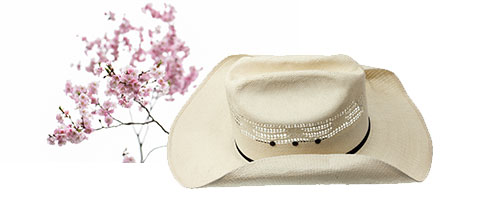T
raditional Haiku consists of three lines and 17 syllables, i.e., five syllables in the first and last lines and seven in the middle line. Haiku is an ancient Japanese poetry form that should not rhyme but typically includes some reference to nature and to things that can be sensed rather than interpreted. Part of the origin of this form of poetry was a reaction to complex, effusive, wordy poetry that was often too stuffy for common tastes. What follows on this page then is a collection of my occasional efforts at putting a western slant on an eastern tradition.
Each Haiku is a stand-alone, having no intended relationship either to the the Haiku preceding or following it. Check back once in a while if you like these efforts as I will periodically add new ones here, at the top of the Haiku page.

Flames dancing on log
Tree planted decades ago
Relinquishes warmth
Tree planted decades ago
Relinquishes warmth
Called him lyin' cheat
Samuel Colt answered with six
Boot Hill candidate
Samuel Colt answered with six
Boot Hill candidate
Morning sun rises
White snow turning liquid flow
Drinking downstream soon
White snow turning liquid flow
Drinking downstream soon
Good friend as log burns
Saying little staying near
Special bone tonight
Saying little staying near
Special bone tonight
Mare whinnies shrilly
Hand tosses her alfalfa
Fuel for working day
Hand tosses her alfalfa
Fuel for working day
Spring colt seeking feed
Solid to spots on rump
Appaloosa pride
Solid to spots on rump
Appaloosa pride
Hitched him here last fall
Tied one on in Whiskey Row
Afoot lesson taught
Tied one on in Whiskey Row
Afoot lesson taught
Tall crown wide new brim
Soak in rain barrel to shape
Summer sun ready
Soak in rain barrel to shape
Summer sun ready
Cow on side bawlin'
Calf feet seein' first daylight
Life arrives late snow
Calf feet seein' first daylight
Life arrives late snow
Tend to get wordy
Reset with haiku rhythm
Discipline rodeo
Reset with haiku rhythm
Discipline rodeo
Beware solo hours
Enemy comes lurking
Put on full armour of God
Enemy comes lurking
Put on full armour of God
Fall morning buckin'
Gelding has the kinks out now
Ride away to work
Gelding has the kinks out now
Ride away to work
Ridin' hundred miles
Her smilin' young face to see
Late spring kiss his pay
Her smilin' young face to see
Late spring kiss his pay
Boots polished for dance
Harvest shindig Tuttle's barn
Sary will be there
Harvest shindig Tuttle's barn
Sary will be there
Sleepin' in saddle
Nighthawkin' all summer long
Abilene sunup
Nighthawkin' all summer long
Abilene sunup
